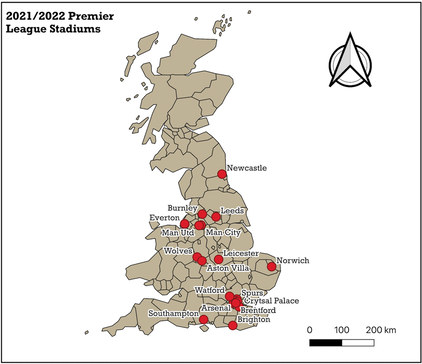
One of the great things about being a researcher is that if I see something in society that sparks my interest, I can analyse it out of curiosity, and it still counts as work. I find myself regularly doing this with sport. My most recent endeavour has been looking at the role of kick-off times in Premier League fixtures.
Last year I was one of many heartbroken Arsenal fans who had to endure losing out on Champions League qualification to Tottenham Hotspur. With this said, Arsenal challenging for top four was a welcome change from their two previous campaigns where they finished 8th each year. Being involved in the top four race at all hinted that long-needed improvement was finally taking place. Despite this improvement, the Gunners still managed to lose some matches in spectacular fashion. Losses to Everton, Crystal Palace, Spurs, and Newcastle were particularly hard blows to take.
However, amid my heartbreak, I couldn’t help but spot a pattern in some of these disappointing results. They all took place away and at night. I immediately took to data to see was there anything significant in this pattern. As it turns out, there is. Even when controlling for factors like fixture difficulty, attendance, red cards, relative age of teams, distance between teams and the time of the season, I keep finding a distinct pattern of home advantage being intensified by later kick-off times. I refer to this as the night owl effect.
Home teams appear more likely to win and win by greater margins when playing in late kick-offs (17:30 & 20:00) compared to early kick-offs (12:30). Why is this the case? The primary conceptual reasoning for the existence of home advantage is crowd effects. These are psychological effects provided by fans which help support and intimidate players and officials. I can think of two reasons why crowd effects may change during later kick-offs.
Firstly, later kick-off times may mean lower levels of support for the away team. There is generally lower demand for later kick-offs. Later kick-offs create greater opportunity costs for attending football matches. This is particularly the case for away fans who may have to travel long distances to attend football matches or even pay for accommodation if a return journey on matchday isn’t feasible. The map provided illustrates the distances some fans may have to travel to support their team. Less away fans means less support for away teams, which could mean poorer away team performances. Thus, home advantage could be greater in later kick-offs.
Secondly, later kick-off times might create more hostile environments for away teams to play in. Alcohol consumption is common among Premier League spectators and has been known to increase aggressive/violent behaviour. Given that drinking is typically considered a part of the night-time economy, it could be reasoned that later kick-off times may facilitate greater alcohol consumption among sport spectators and result in more hostile atmospheres for away teams to play in via crowd effects. Thus, intensifying home advantage.
The existence of this night owl effect within the Premier League raises questions about the fairness of the double round-robin format. Is home advantage really distributed fairly in the Premier League if the fixtures aren’t all on at the same time?
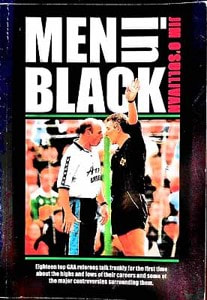
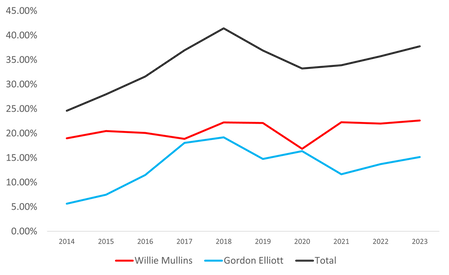
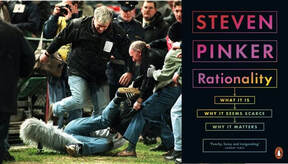
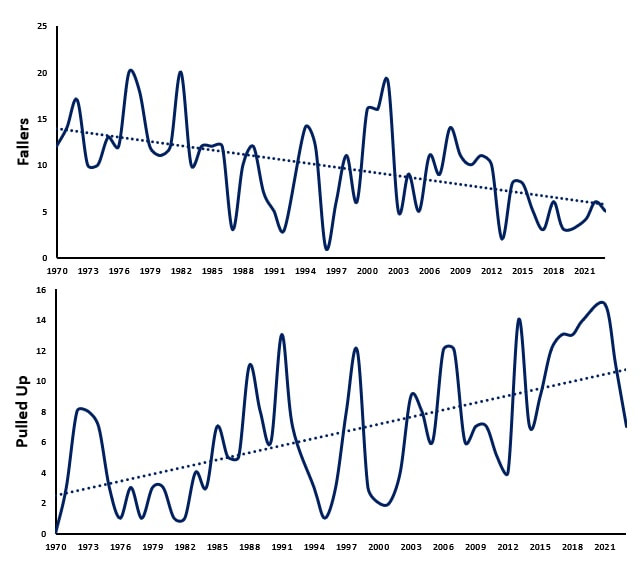
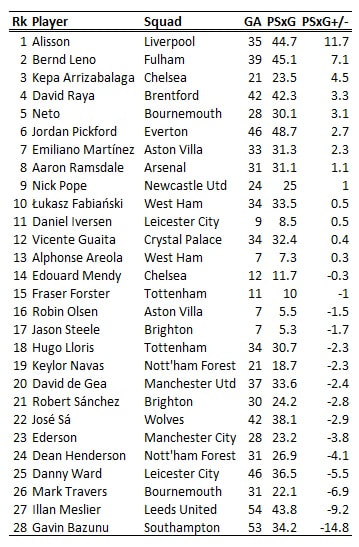
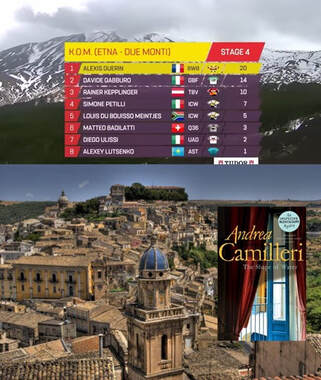
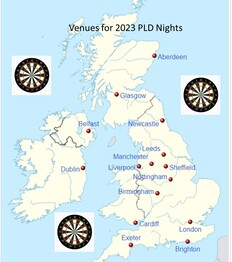
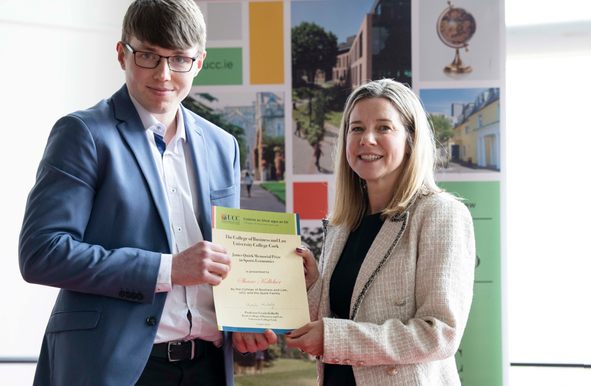
 RSS Feed
RSS Feed